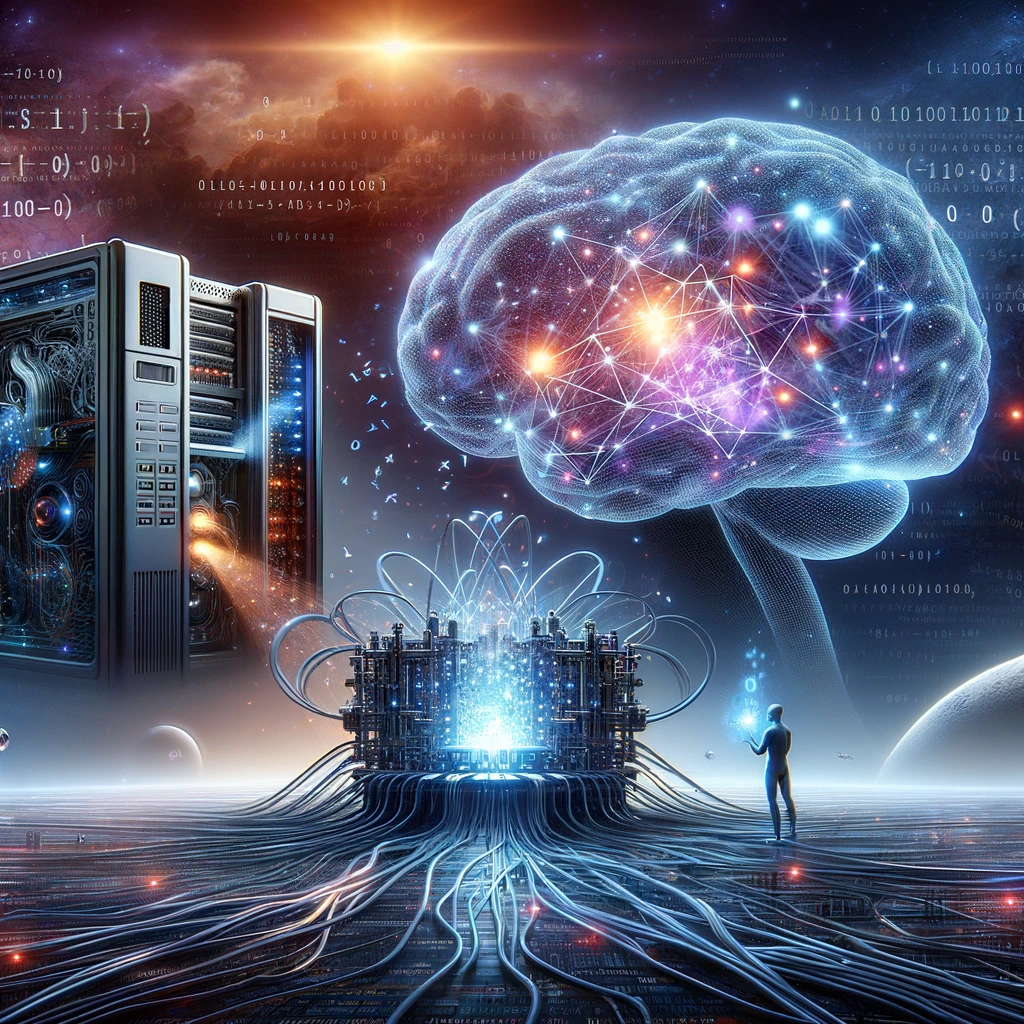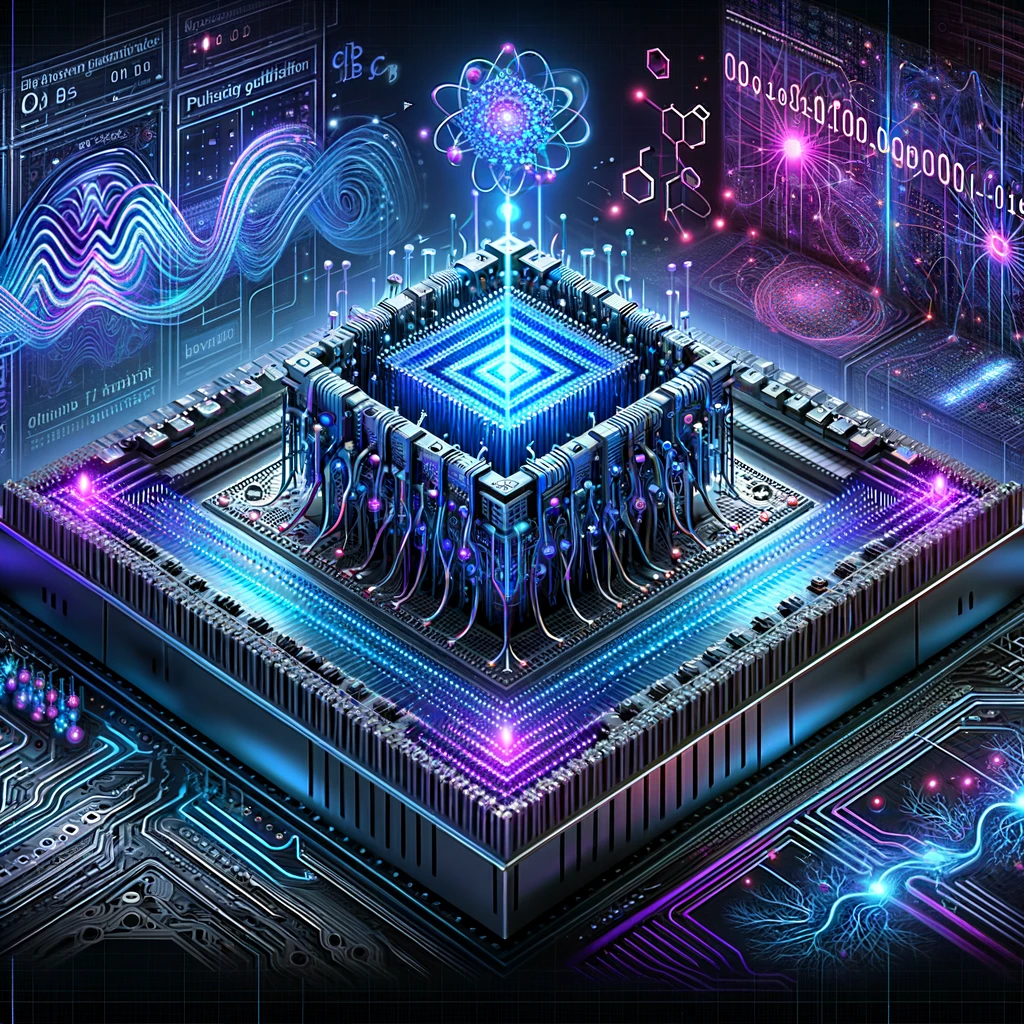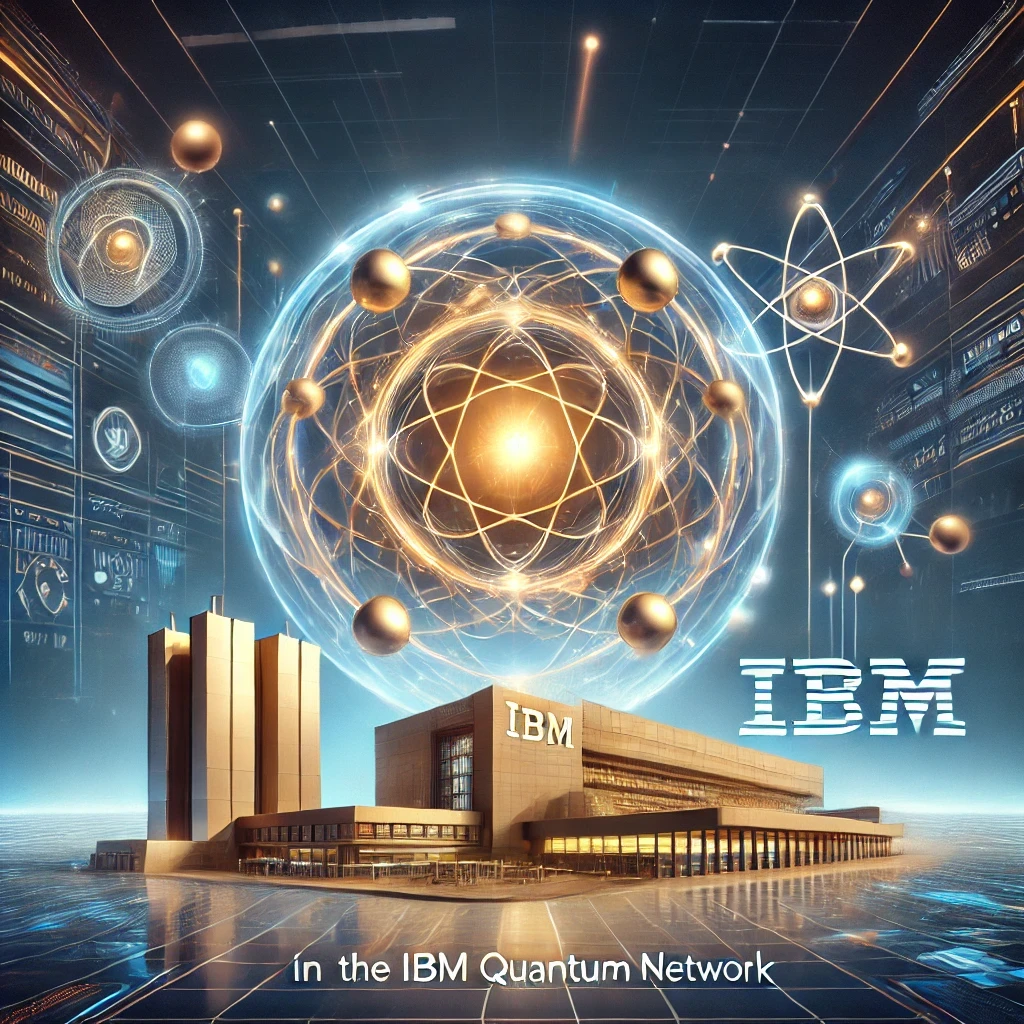Machine LearningView All Blogs

Machine Learning Uncovers Sperm Whale 'Alphabet,' Providing Insight into Cetacean Communication
Researchers at MIT CSAIL and Project CETI have discovered a sperm whale 'alphabet' using machine learning technologies. The study, titled 'Contextual and Combinatorial Structure in Sperm Whale Vocalizations,' points to key breakthroughs in understanding cetacean communication by analyzing sperm whale codas in context.

renaissanceizing Construction Estimation with AI: The Togal.ai Journey
Togal.ai is transforming the construction industry by automating the estimation process with advanced AI, reducing time and enhancing accuracy. This case study explores how Togal leverages machine learning to streamline construction workflows, making them more efficient and less error-prone.

New Study Uses Machine Learning to Bridge the Reality Gap in Quantum Devices
Discover how machine learning is pivotal in overcoming the 'reality gap' in quantum devices, enhancing predictions and performance by addressing inherent variability through a physics-informed approach.

The Power of Quantum Neural Networks
Exploring the unprecedented capabilities of quantum neural networks, this article delves into how quantum computing could renaissanceize machine learning, offering advantages over classical approaches through increased model capacity and trainability.

Quantum Kernels Can Solve Machine Learning Problems That Are Hard for All Classical Methods
IBM researchers have demonstrated a quantum advantage in machine learning, revealing that quantum kernels can identify patterns in data sets that appear as random noise to classical computers, offering a new pathway for quantum machine learning.

Entanglement Unlocks Scaling for Quantum Machine Learning
A groundbreaking study by Los Alamos National Laboratory reveals that quantum entanglement significantly enhances the scalability of quantum machine learning, overcoming the previous assumption of needing exponentially large datasets for training quantum neural networks.


